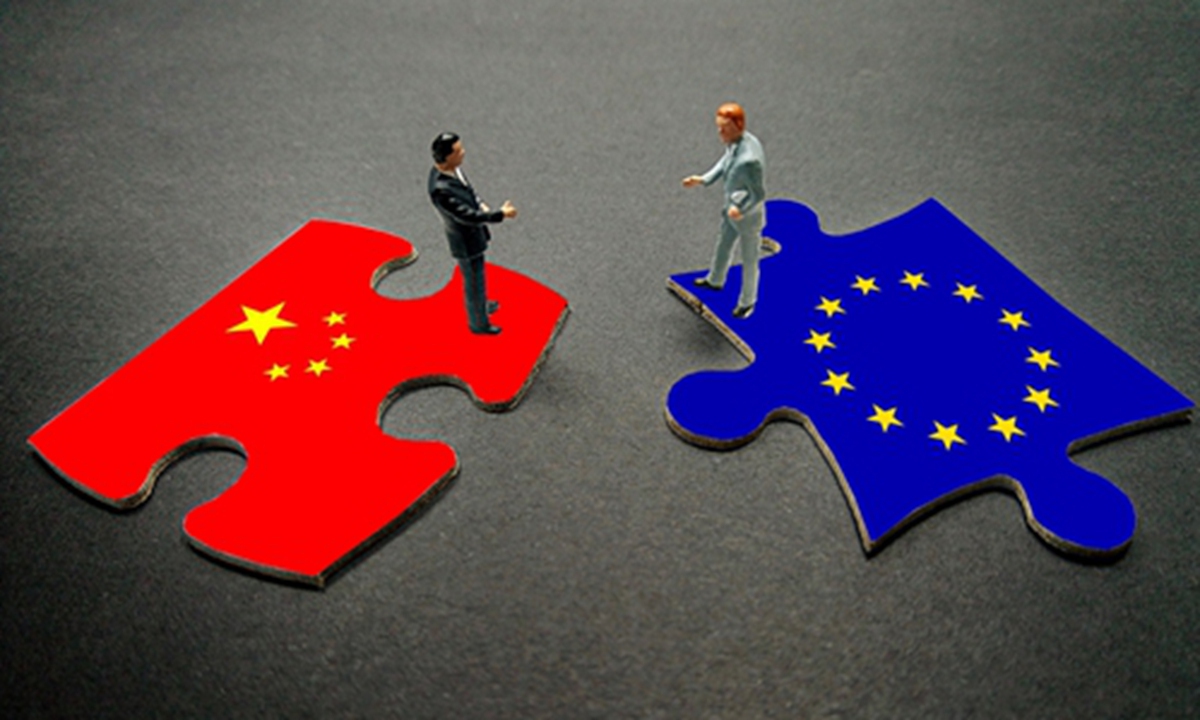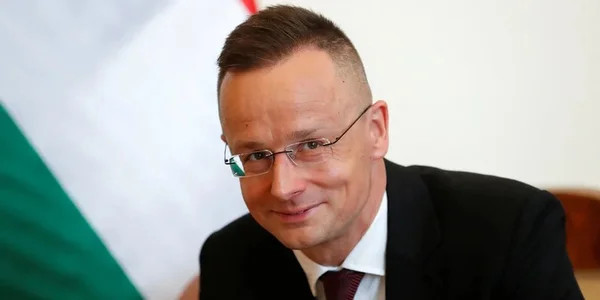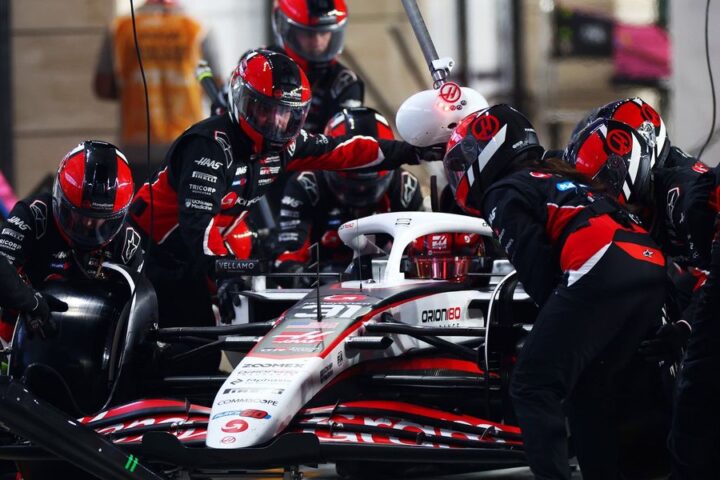China’s expanding influence in southeastern Europe has drawn fresh scrutiny from Brussels following Serbia’s decision to hold joint military exercises with the Chinese army later this month. On July 16, a European Commission spokesperson urged Belgrade, an EU candidate state, to align its foreign policy with the bloc’s position after Beijing announced the upcoming bilateral drills.
The Chinese Ministry of Defense said the “Peacekeeper 2025” exercise will involve special forces from both countries and take place in China’s northern Hebei province. While Serbia has previously engaged in military cooperation with China, the new drill marks a significant escalation in their defense ties, reflecting Beijing’s broader strategic ambitions in the region.
Brussels warns Belgrade over alignment
Responding to the announcement, a European Commission spokesperson said Brussels had repeatedly raised concerns about Serbia’s deepening alignment with China and Russia. “Serbia must refrain from actions and statements that contradict the EU’s common foreign and security policy,” the spokesperson stated.
The Commission underscored that the EU expects Serbia to act as a “reliable European partner” sharing the bloc’s values and strategic direction. The warning comes amid broader geopolitical tensions over China’s activities in Europe and its bid to establish footholds in strategically important non-EU countries.
China deepens ties with Balkan states
The planned military exercise highlights a shift in Beijing’s approach to Europe. Traditionally focused on trade and infrastructure under the “Belt and Road” initiative, China is now advancing defense cooperation in selected states. Serbia, already a key recipient of Chinese investment, has been central to this strategy.
In 2024, China surpassed Germany as Serbia’s largest trading partner by import volume. President Xi Jinping’s state visit to Belgrade in May 2024 symbolized a new level of bilateral engagement, including the purchase of Chinese drones and air defense systems by the Serbian military.
Hungary and Serbia have effectively become “gateways” for Chinese influence in Europe, allowing Beijing to expand its presence through economic, political, and now military cooperation. Chinese firms have invested billions of euros in transport infrastructure, industrial projects, and EV production facilities across both countries.
EU unity at risk
Beijing’s growing footprint in Europe raises concerns over EU cohesion. Analysts warn that China’s use of “soft power” — through cultural diplomacy, preferential trade deals, and strategic partnerships — could undermine the EU’s ability to present a unified stance on critical issues.
Hungary has already been labeled a “strategic all-weather partner for a new era” by Chinese officials, underscoring Budapest’s unique role in China’s foreign policy. While French President Emmanuel Macron has cultivated personal ties with Xi, this relationship has not translated into deeper France-China cooperation, in contrast to the strategic alignment seen in the Balkans.
As Serbia continues to deepen ties with Beijing, Brussels faces increasing pressure to reinforce its expectations of candidate countries — or risk strategic fragmentation from within.














